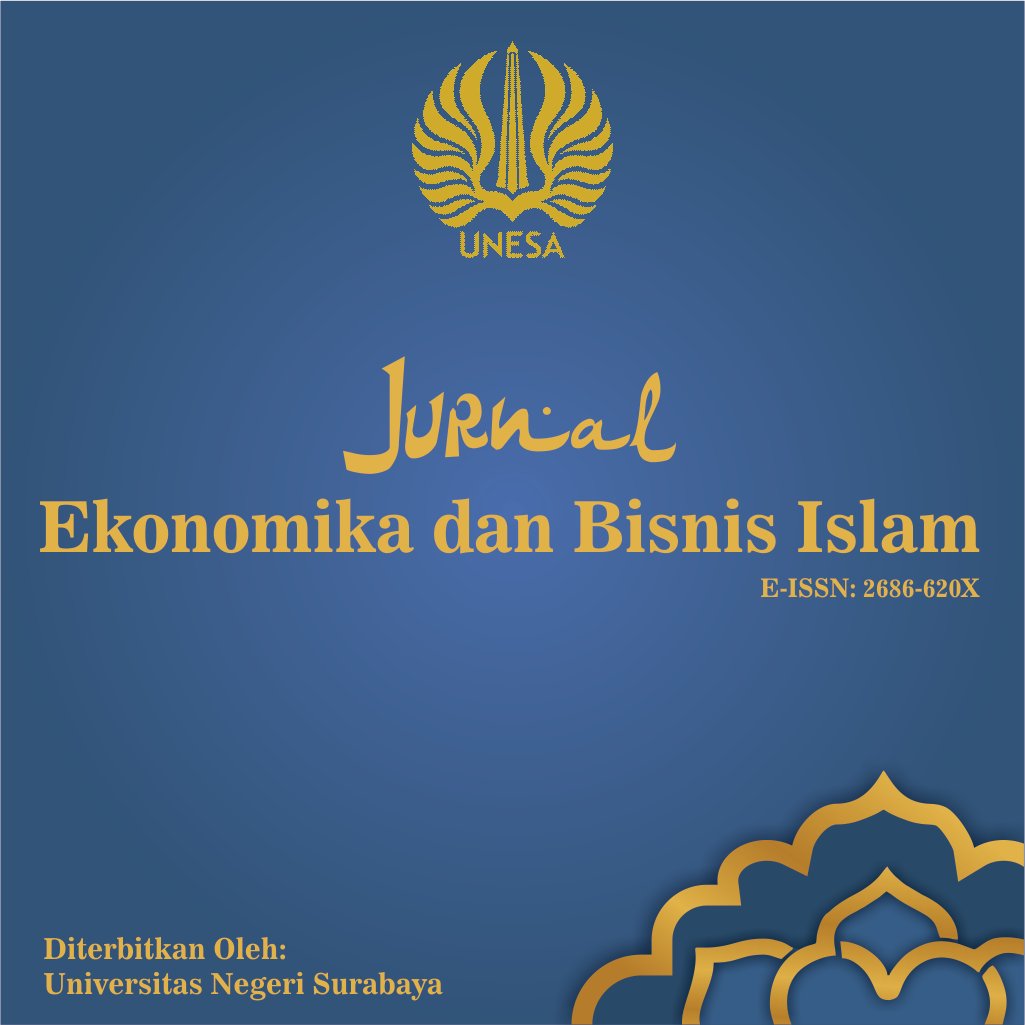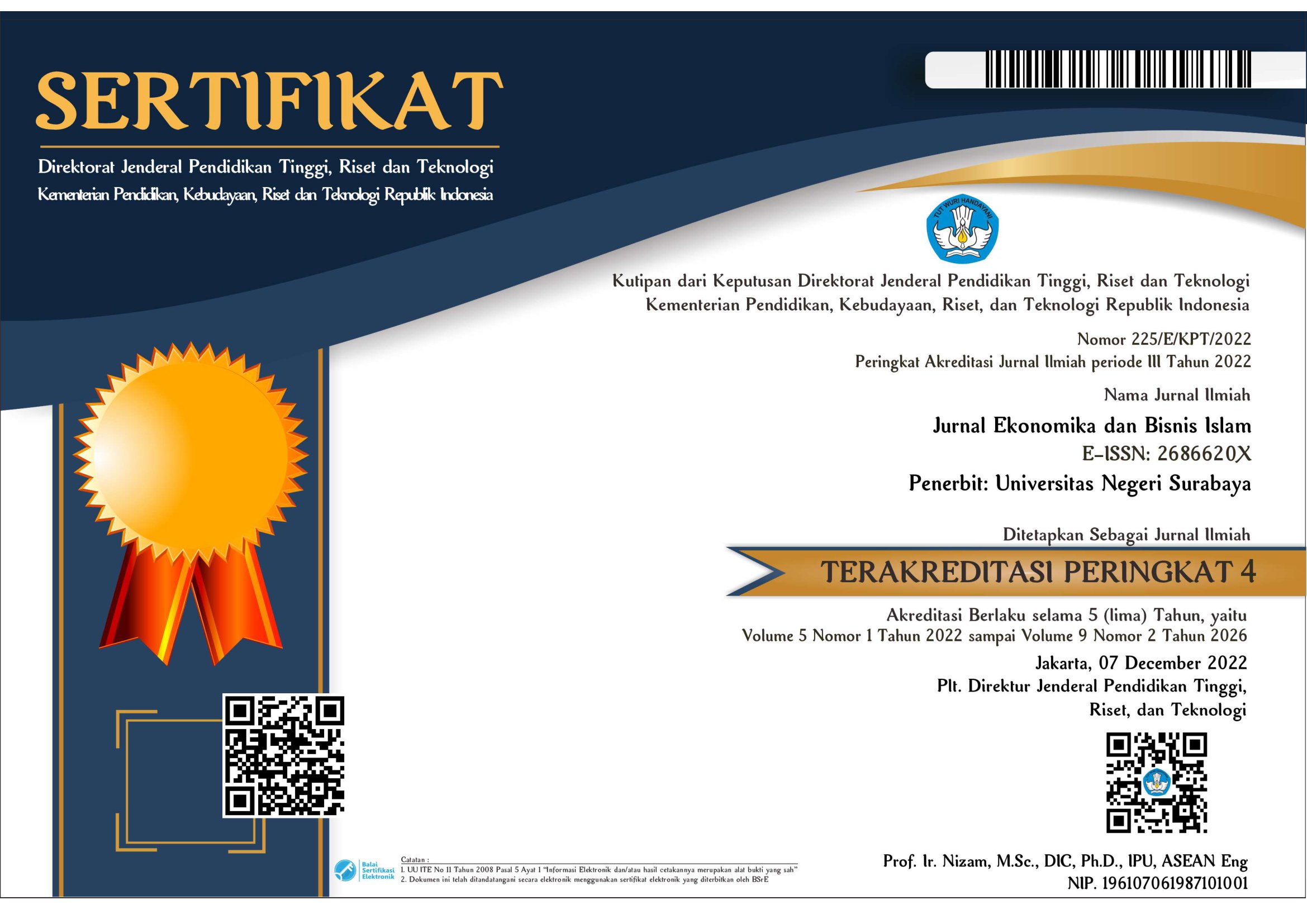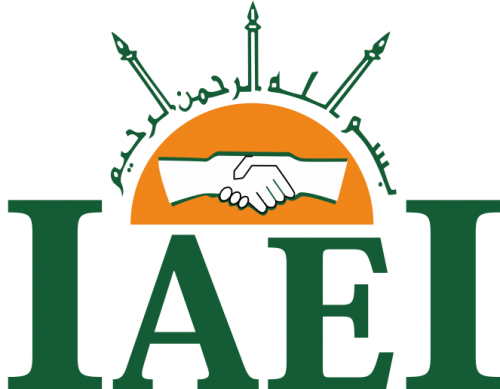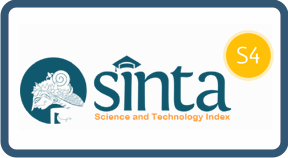Peran Organizational Citizenship Behaviour (OCB) Dalam Pengaruh Kompensasi Terhadap Retensi Karyawan Lembaga Amil Zakat Infak Sedekah Muhammadiyah
DOI:
https://doi.org/10.26740/jekobi.v7n1.p190-204Keywords:
employee retention, compensation, OCB, lazismuAbstract
LAZISMU as an institution that utilizes zakat, infaq, alms, waqf and other charitable funds certainly requires human resources in its management, so it is important for LAZISMU to pay attention to human resource management. This study discusses the role of OCB as a mediating variable in the influence of compensation on employee retention. The research method involved a survey of 64 employees working at LAZISMU. The sample selection technique was carried out using probability sampling in the form of simple random sampling. Data was collected using a questionnaire via Google Form and processed with the help of the Smart PLS 4 program. The results of this research prove that there is a positive correlation between compensation and OCB, as well as between OCB and employee retention. However, the influence of OCB as a mediator in the relationship between compensation and employee retention is proven to be weak. These findings show the importance of good compensation management to increase employee OCB, which in turn can influence employee retention.
References
Fachrudin, K. A., & Sholihin, M. (2021). Examining the Mediating Effect of Job Satisfaction on the Relationship Between Budgetary Participation and Organizational Citizenship Behavior in Indonesian Higher Education Institutions. Cogent Business and Management, 8(1). https://doi.org/10.1080/23311975.2021.1968990
Sekaran, U., & Bougie, R. (2016). Research methods for business: A skill building approach.
Titisari, P. (2014). Peranan Organizational Citizenship Behavior (OCB) Dalam Meningkatkan Kinerja Karyawan.
Downloads
Published
How to Cite
Issue
Section
License
Copyright (c) 2024 Rindiani Ulfa Aprilianti, Indah Shofiyah

This work is licensed under a Creative Commons Attribution 4.0 International License.
This work is licensed under a Creative Commons Attribution 4.0 International License.
 Abstract views: 569
,
Abstract views: 569
, PDF Downloads: 790
PDF Downloads: 790














